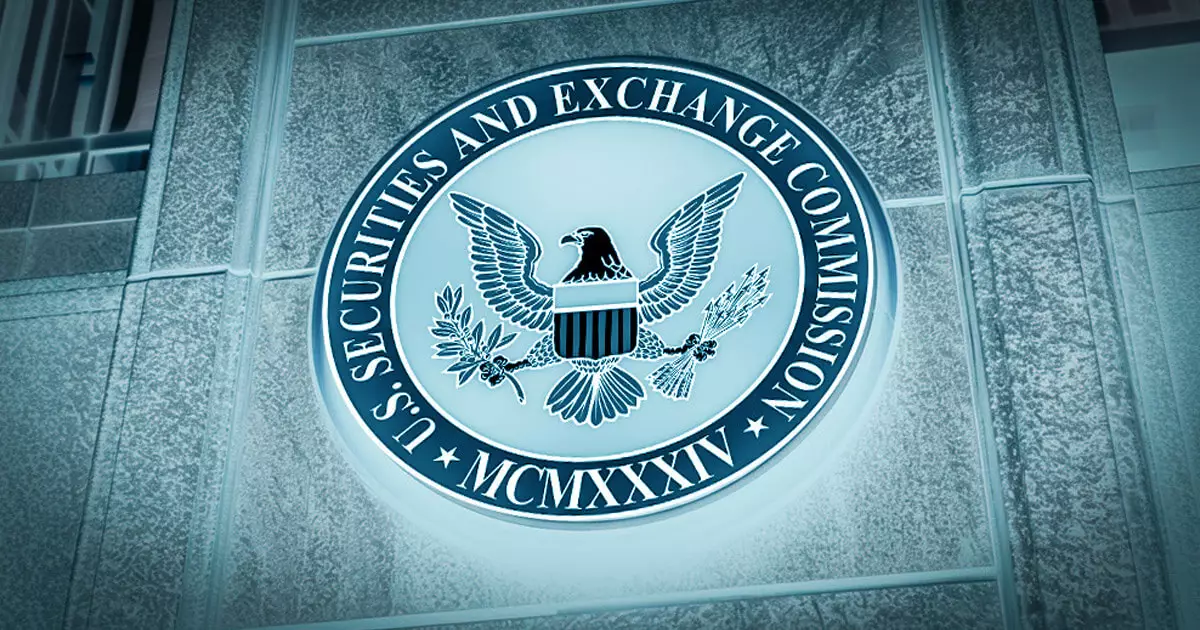In a pivotal move for the world of decentralized finance (DeFi), the U.S. Securities and Exchange Commission (SEC) reached a settlement on September 27 with Mango Markets’ decentralized autonomous organization (DAO) and the Blockworks Foundation. The settlement follows allegations of unregistered securities sales, significantly intensified after the platform faced a $100 million exploit in 2022. This incident not only placed Mango Markets under the regulatory microscope but also raised fundamental questions about the legal obligations of decentralized entities operating within the increasingly scrutinized crypto landscape.
The settlement is not merely a financial penalty; it also involves substantive operational changes. Both Mango DAO and the Blockworks Foundation agreed to pay $700,000 in civil penalties, as well as to destroy their MNGO tokens and urge crypto exchanges to delist them. Furthermore, they are committed to ceasing any marketing efforts related to these tokens going forward. Notably, the parties involved do not have to admit or deny wrongdoing, a provision typical in such settlements. This resolution is awaiting court approval, making it a significant yet cautious step towards closure.
Interestingly, the settlement was not imposed unilaterally by regulatory authorities. In August, Mango DAO took an essential turn when it conducted a community vote that led to the decision to settle with the SEC. This approach underscores a growing trend where decentralized organizations seek community input in decision-making processes, reflecting principles of transparency and collective governance that characterize DeFi platforms. Such democratic governance may create both opportunities and challenges, especially when facing regulatory bodies.
What this case does is illustrate a crucial point in the ongoing dialogue regarding DeFi and securities laws. The SEC’s stance, emphasizing that the label “DAO” does not exempt entities from legal obligations, highlights the regulator’s commitment to enforcing existing securities regulations across the crypto ecosystem. The assertion that the use of smart contracts and open-source technology does not shield projects from compliance responsibilities suggests a future where decentralized technologies must coexist with traditional regulatory frameworks.
Moreover, the case against Mango Markets is not isolated. Just a month after the SEC settlement, in September, the platform proposed a separate $500,000 settlement with the Commodity Futures Trading Commission (CFTC) to resolve an ongoing investigation. This indicates a trend where entities in the crypto space may find themselves responding to multiple regulators simultaneously, complicating compliance efforts. As regulatory scrutiny intensifies across the crypto industry, companies may need to navigate a labyrinthine maze of legal obligations to avoid costly repercussions.
The settlement between the SEC and Mango Markets serves as a cautionary tale for decentralized finance platforms. As the regulatory landscape evolves, entities must be vigilant in understanding their responsibilities under securities laws. The potential for increased enforcement actions calls for proactive measures in compliance, transparency, and community engagement. As we witness a gradual convergence of decentralized technologies and traditional legal structures, the decisions made by projects like Mango DAO could shape the future of DeFi, laying critical groundwork for subsequent innovations and regulatory frameworks.

